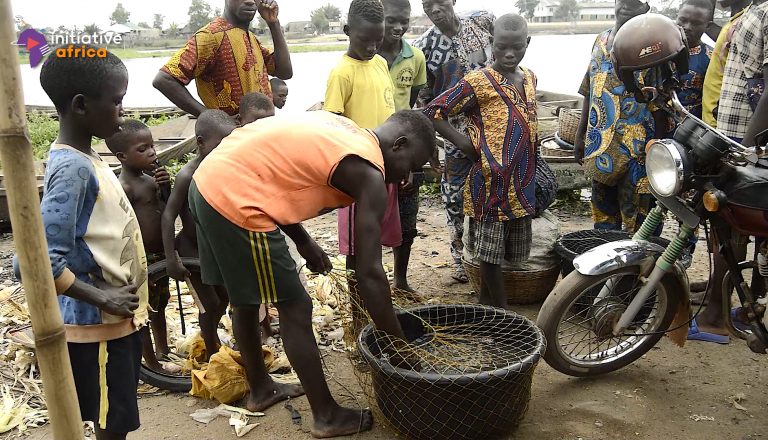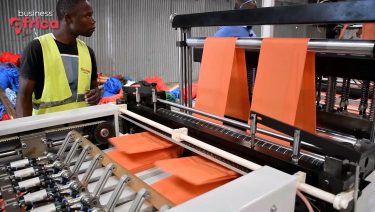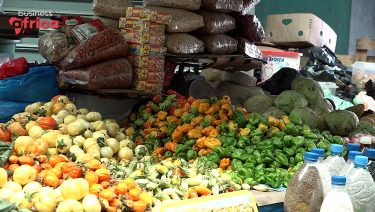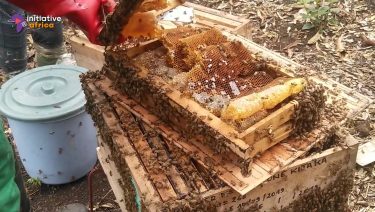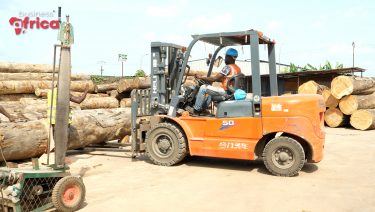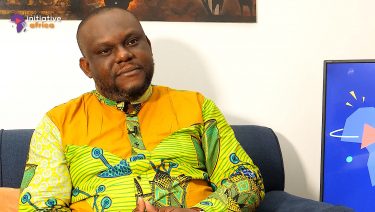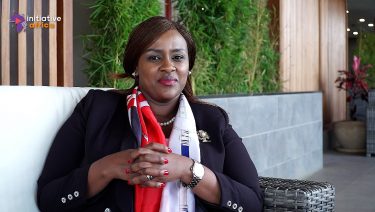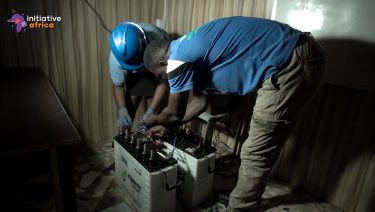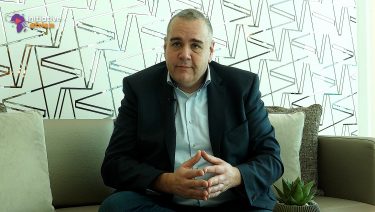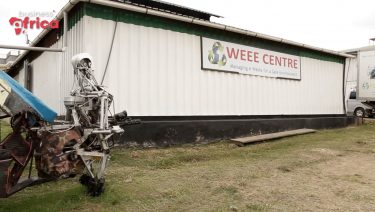Eco-friendly packaging in Goma – Miten Power Sarl
Miten Power Sarl, founded in October 2018 by Congolese entrepreneur Frank Kika, has a biodegradable packaging and bag production plant based in Goma. With a daily production capacity of between 6 and 8 tonnes, it can meet the environmental and social challenges of the North Kivu region by helping to reduce unemployment and boost economic development in the DRC.
